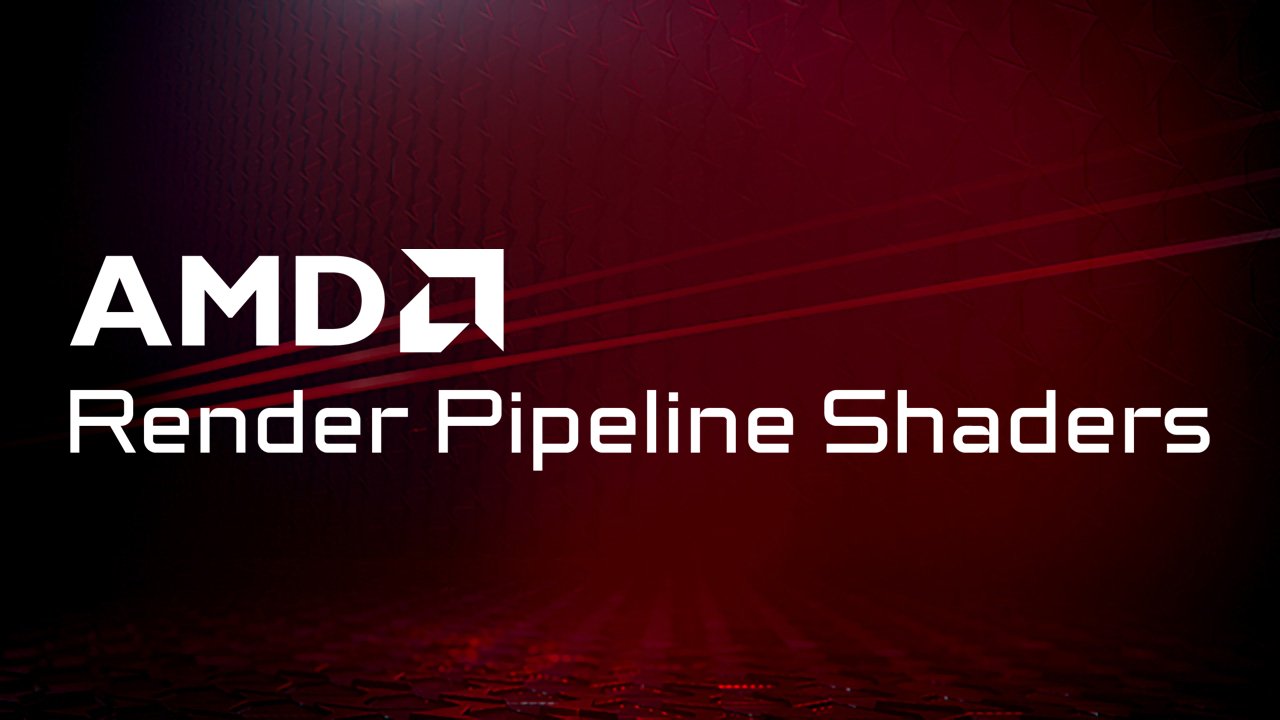
Render Pipeline Shaders SDK
The Render Pipeline Shaders (RPS) SDK provides a framework for graphics engines to use Render Graphs with explicit APIs.
After our initial release of the Render Pipeline Shaders (RPS) SDK we have continued to iterate on it to address your feedback and bring you new features. A list of these can be found below followed by additional improvements.
If you want to test these improvements for yourself you can find them now on Github as before.
We listen to feedback as best as possible, so keep raising issues on Github if you have feature requests or think you may have found any bug.
While you can still get in touch with us via your AMD representative, @GPUOpen on @Twitter or @GPUOpen@mastodon.gamedev.place we have added an additional, more direct channel of feedback. By using this invitation link you can join our Discord server and chat with the RPS team directly. We are happy about any feedback and may adjust our prioritization according to frequently requested features.
